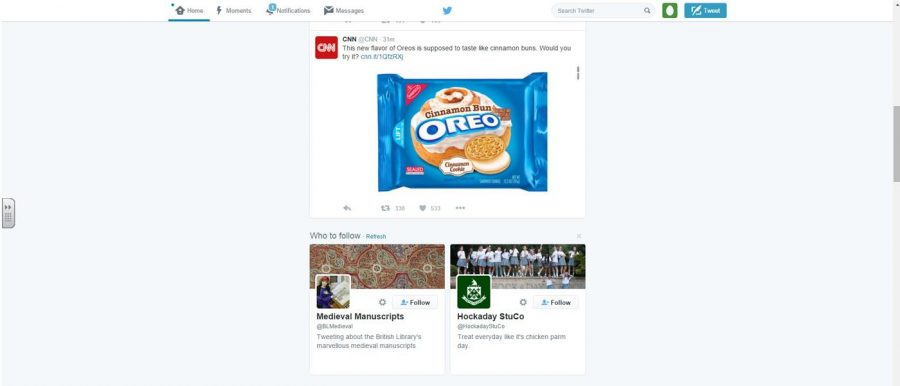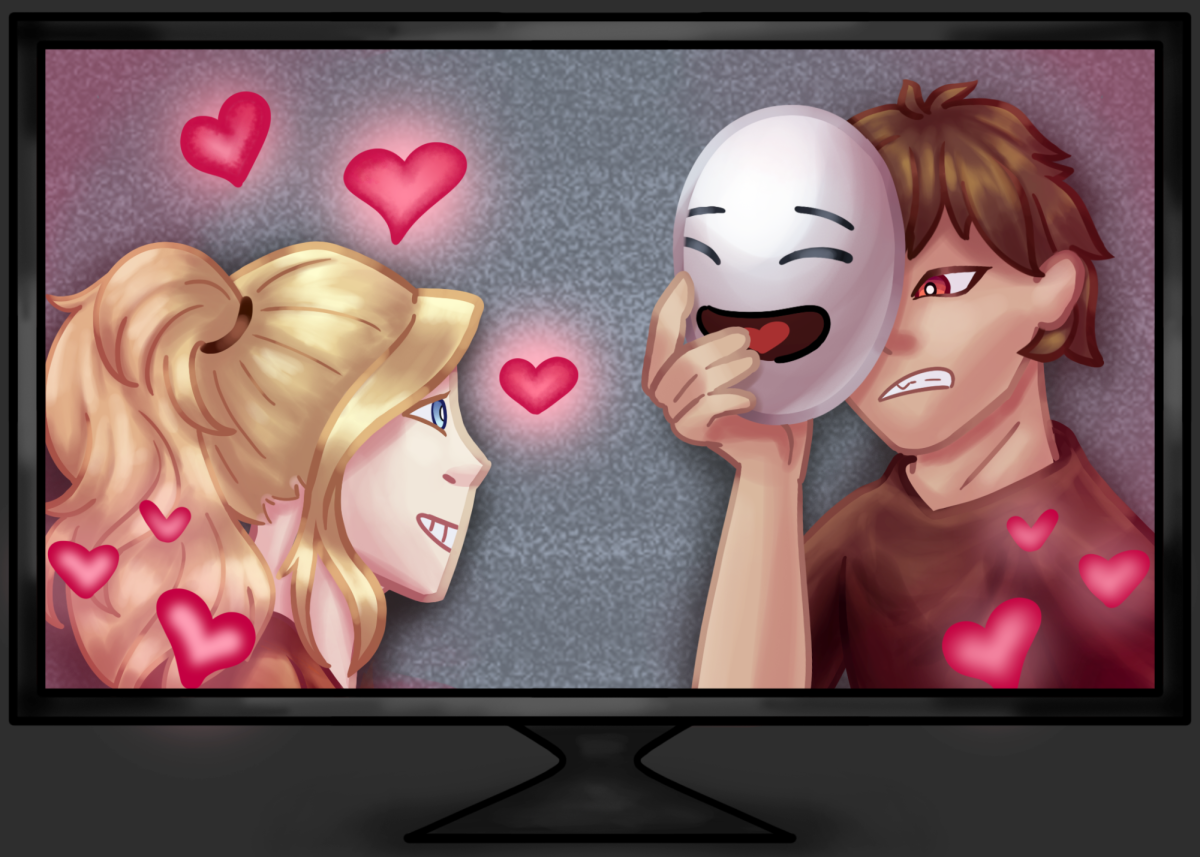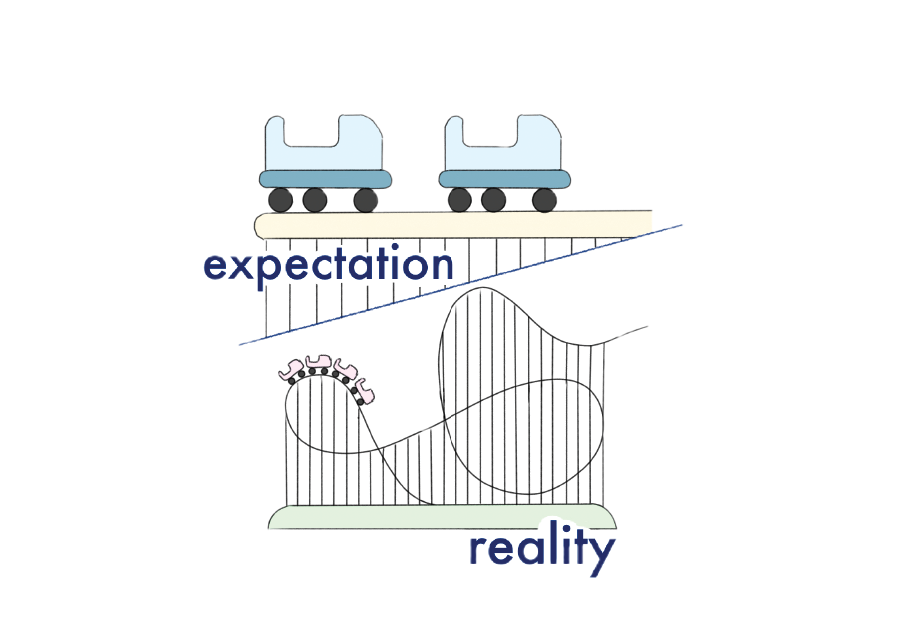Two thousand years ago, Marcus Valerius Martialis, a prominent Roman poet from Spain, invited his friends, patrons and fellow Romans to recitations of his epigrams. Here he would gather all his close acquaintances so they could hear him directly insult and satirize his colleagues, doctors, servants and various women.
Although he did not know it, Martial, as he is known in English, was the original Tweeter.
Some of his epigrams were witty two line quips that aptly critiqued Roman society. Others were crude and sometimes disgusting depictions of the colorful characters of Rome such as this strange and scathing insult: “Eat lettuce and soft apples eat: / For you, Phoebus, have the harsh face of a defecating man.”
With just 17 words, Martial delivered a clever insult in his epigram; no verbose language was necessary to convey this message.
In modern times, Twitter serves as a platform for concise dialogues and “microblogging.” However, on Jan. 5, Re/code revealed Twitter’s plans to expand the 140 character limit. The project, entitled “Beyond 140,” is predicted to launch in March of this year. The new CEO of Twitter, Jack Dorsey, has attempted to make bold changes to the program in order to allow Twitter users to write up to 10,000 characters.
In an age of mass consumption of media, I am inundated every day with tweets, Instagram posts, Pinterest pins and Facebook messages. I get CNN updates, theSkimm emails, Washington Post briefs and New York Times editorials emailed to me.
I am putting my foot down: it is too much.
I cannot keep up with Facebook posts about all my friends’ interesting lives. I cannot keep up with the pictures of delicious meals on Instagram accounts. I cannot keep up with the constant stream of new articles posted by CNN. I don’t have enough hours in the day to fully digest all the words that flow across my screen from the moment I open my phone in the morning to the moment I turn it off at night.
Twitter was our only safe haven from this ridiculous verbosity. In 140 characters, we were forced to be concise, discard extraneous information and only post the bare necessities to share our ideas. We could read quick briefs about news events, read funny one-liners and briefly share bits and pieces of our lives to those who cared enough to follow.
Where has the art of brevity gone?
We once had Ernest Hemingway, who wowed the world with his concise sentences sans adjectives and excess words. He could convey emotion and power in a short sentence and a punctuation mark.
If Twitter’s plans proceed, anyone with access to the internet and a Twitter account can rant about the slow service in his or her restaurant, can write a lengthy conspiracy theory about the new romances of the next season of “Orange is the New Black” or can just live stream his or her internal thoughts about the attractive boy sitting next to him or her at the movie theater.
To be frank, sometimes I just don’t care. I don’t care that you think the mean waitress spit in your food because you sent back your coffee for being decaf. I don’t care that you think Crazy Eyes will finally get her chance to date Piper on OITNB – I think you are incredibly ridiculous, but I don’t really care. And I really don’t care that the boy next to you smiles perfectly and that his golden locks caress his face.
Twitter was created for rapid and brief thoughts and easy-to-swallow news updates. I may have now lost my one asylum from never-ending, extensive posts.
I understand it can be hard to be concise; it is a skill I struggle with too. But if Martial can insult Phoebus with just a few words (albeit strange ones), you can convey your ideas in 140 characters as well.













